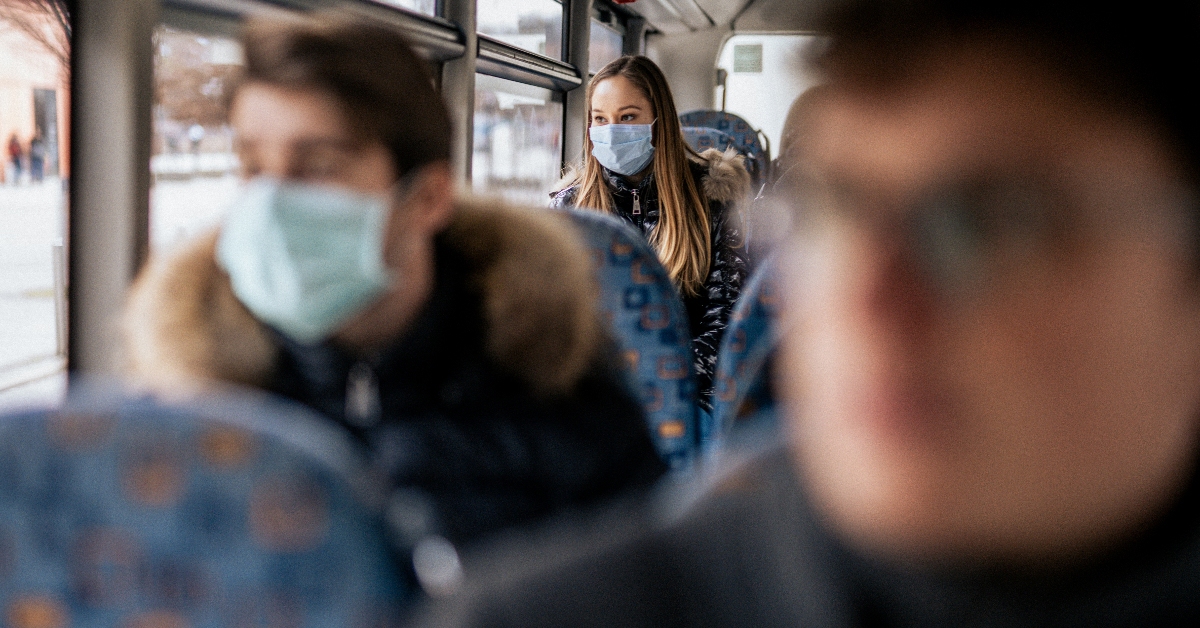The Scottish NHS requires a “pandemic-style” plan for the winter, including the reintroduction of masks on public transport, a think tank has declared.
A report, published by Our Scottish Future, has called for Scottish Ministers to implement a series of emergency measures.
Rises in long-term sickness and excess deaths are being worsened by a number of target failures and increased strain on resources, the study found.
The report comes as the latest A&E waiting time figures showed departments across the country saw their worst-ever monthly performance on record for September.
Last month, it was announced that a Scottish Government pledge to “eradicate” waits of longer than two years in most specialties for inpatient cases was missed.
Some 7,650 Scots were found to still be waiting after two years for inpatient or day case procedures as of September 30.
The report, entitled A Fractured Service, has proposed measures for consideration and calls for all governments across the UK to work together on a four-nation basis to avoid collapse of the NHS.
The suggestions include a campaign aimed at informing the public about alternatives to A&E and encouraging mask-wearing on public transport and clinical settings.
The report also calls for carers to be given a statutory right to leave of absence to help look after vulnerable people.
It also proposed the creation of “rapid support teams” of police, firefighters and care workers.
The think tank also said government ministers may need to consider drafting in military personnel to provide support to ambulance services and hospital wards.
The report’s authors, Andrew Mooney and Eddie Barnes, said: “Scottish clinicians we have spoken to in producing this report are clear. Without radical action, the founding principle of the NHS – of high-quality treatment free at the point of use – is going to end, and end quickly.
“The NHS will be replaced with a two-tier healthcare system, in which a booming private sector caters for better-off people to receive treatment more quickly.
“This will widen Scotland’s already gaping health inequalities. For those poorer families who are unable to pay, they will have to accept a second-class service.
“During the pandemic, our four chief medical officers collaborated to amplify key public health messages.
“This collaboration already happens widely and is to be welcomed. We believe that, as the NHS faces a crisis of similarly deep proportions to the pandemic, the same co-operative approach should be taken to help the NHS survive the coming months.”
A Scottish Government spokesman said: “Pandemic backlogs, Brexit-driven staff shortages, and inflation costs have all contributed to make this the most challenging winter the NHS has ever faced.
“Our £600m winter plan will support services through this period and will see us recruit 1,000 new NHS staff, including up to 750 frontline nurses from overseas.
“Our £50m Urgent and Unscheduled Care Collaborative looks to relieve pressure on services and drive down A&E waits by offering alternatives to hospital, such as Hospital at Home; more appropriate urgent care settings and urgent scheduled appointments.”
He added: “Our NHS and care services continually evolve to meet the changing needs to the people of Scotland, and reflect changes in practice and medicine.
“We will co-operate with other UK health services where appropriate – but health is clearly and must remain a devolved policy.”
Follow STV News on WhatsApp
Scan the QR code on your mobile device for all the latest news from around the country


 iStock
iStock
























